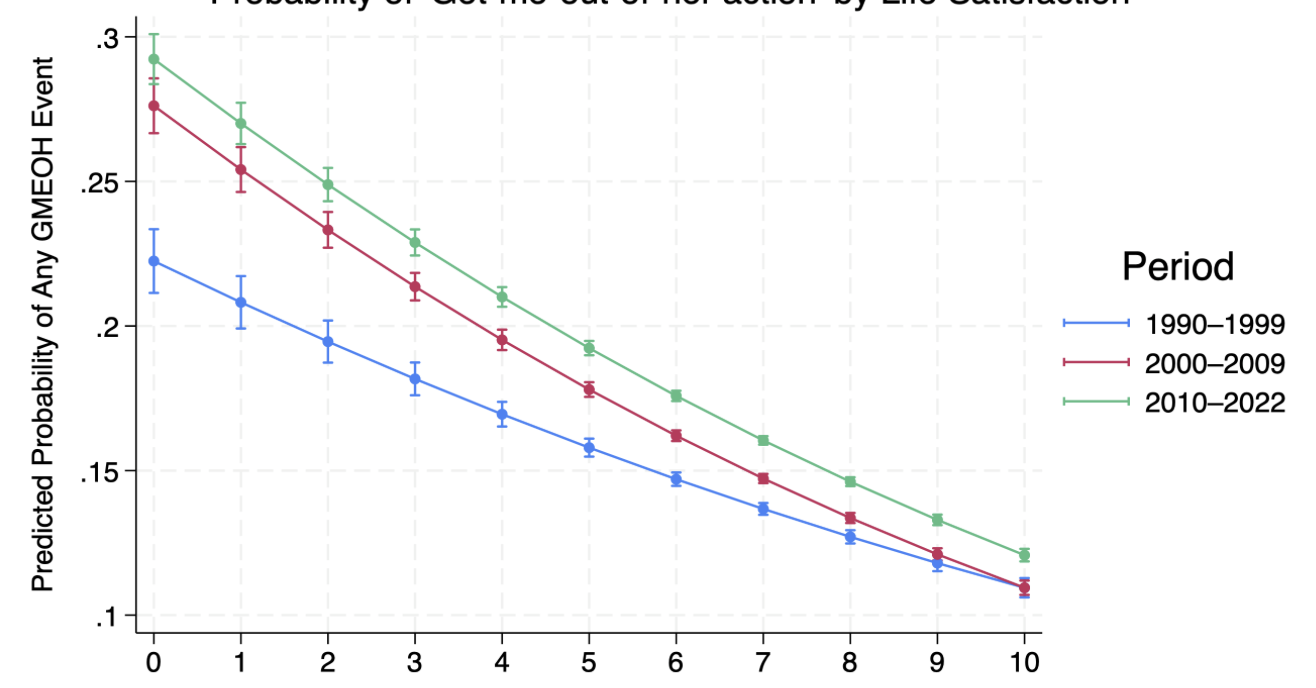I am currently exploring ways to increase participation in pro-social work and I think I found a promising project. But before I got in too deep, I wanted to get some community feedback on my reasoning and any alternatives. Also, this is my first forum post, so any meta-advice would be welcome as well!
Reasoning
My initial strategy involves working on an open task backlog. This approach stems from a significant gap between the number of active Effective Altruists (EAs) and the broader pool of all EAs. According to the 2019 EA Survey, there are approximately 7,500 active EAs compared to the 150,000 subscribers to the 80,000 Hours newsletter. Subscribing to the newsletter suggests an interest in EA concepts and potential alignment with EA-related work. While not everyone from this group will engage, there are still only about 700 job postings on 80,000 Hours. So it seems that the community needs a more efficient means to engage individuals who might lose interest without sustained momentum.
Potential alternatives that would address the labor mismatch:
- I could explore the possibility of supporting EA organizational development, which could result in the creation of more job opportunities.
- ??? Would love any community ideas.
Project Progress:
I've reached out to the individuals responsible for maintaining two existing task backlogs to see if they are active:
- EA_and_AI_projects
- EA Work Club
- Doesn't look super active but maybe was in the past?
If the community already likes these pre-existing solutions, I will focus on promoting them to volunteers and organizations that can contribute additional tasks.


